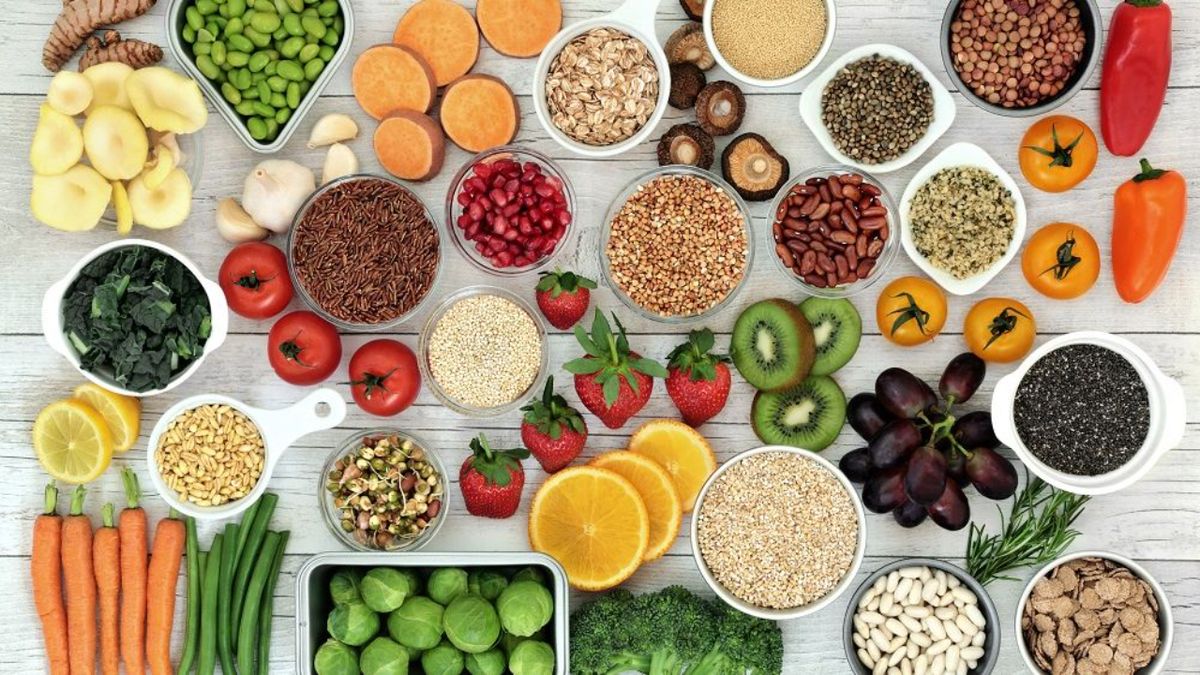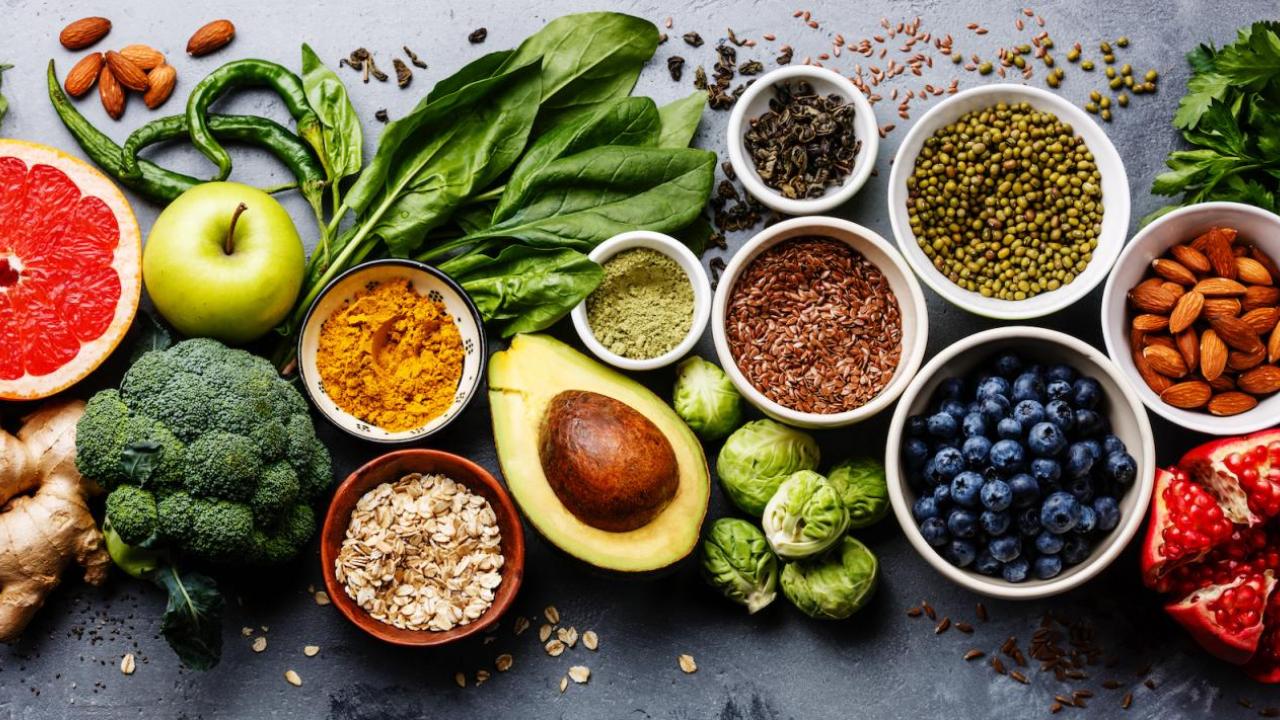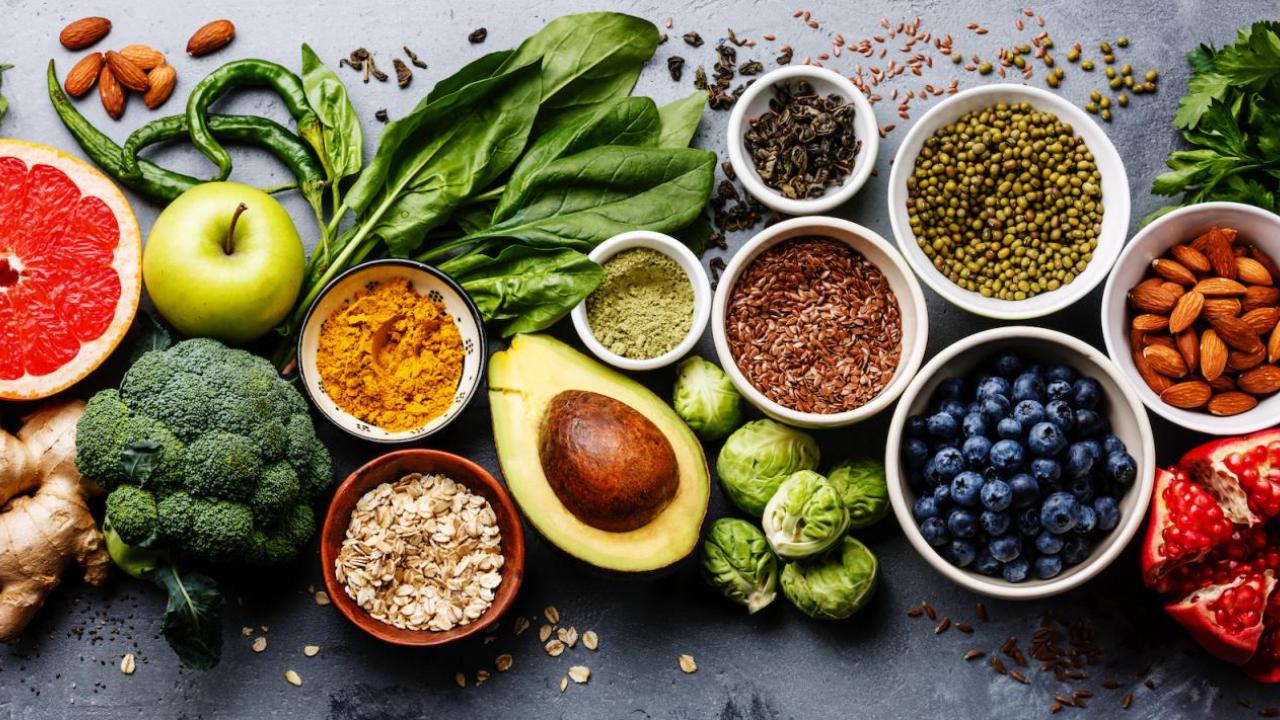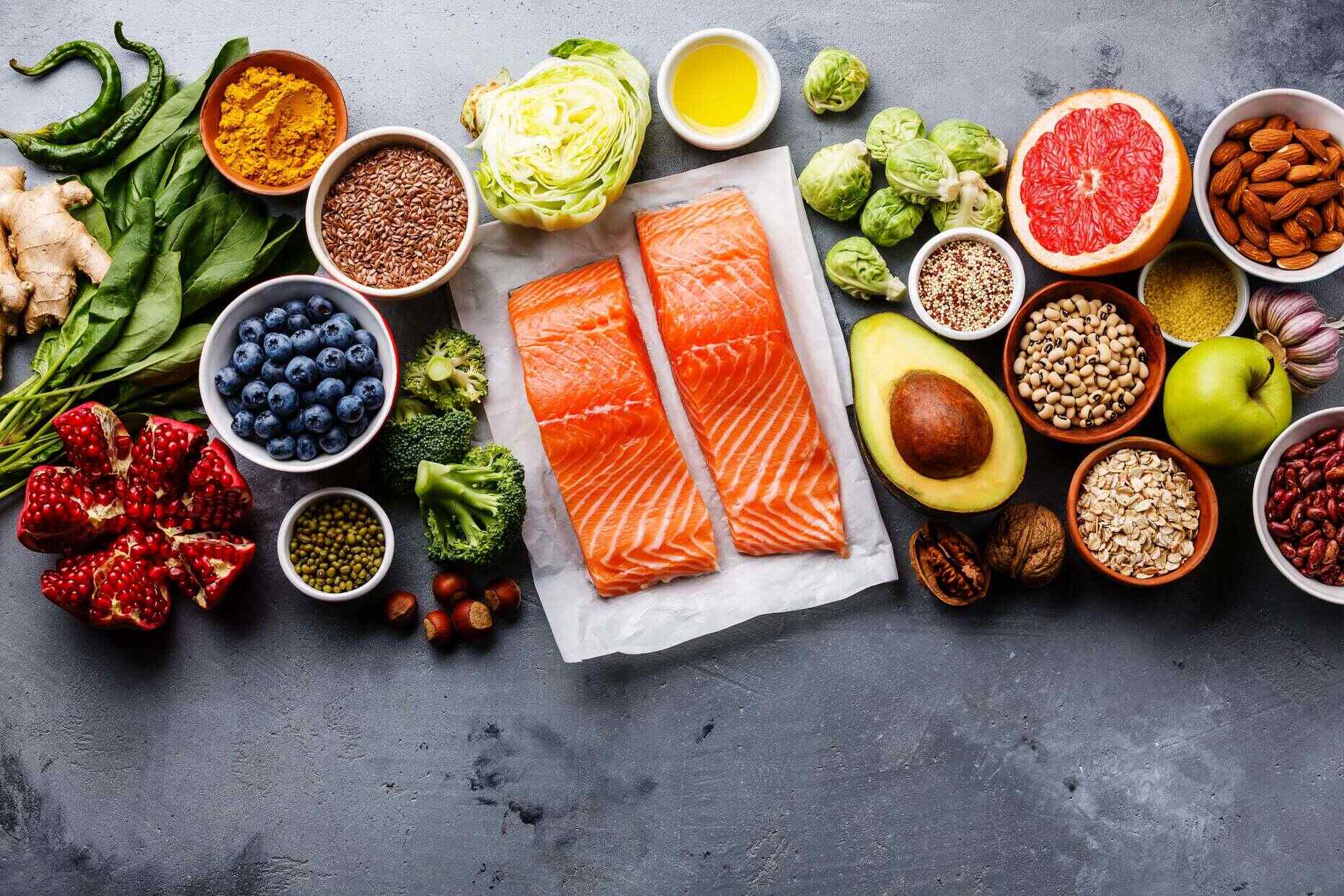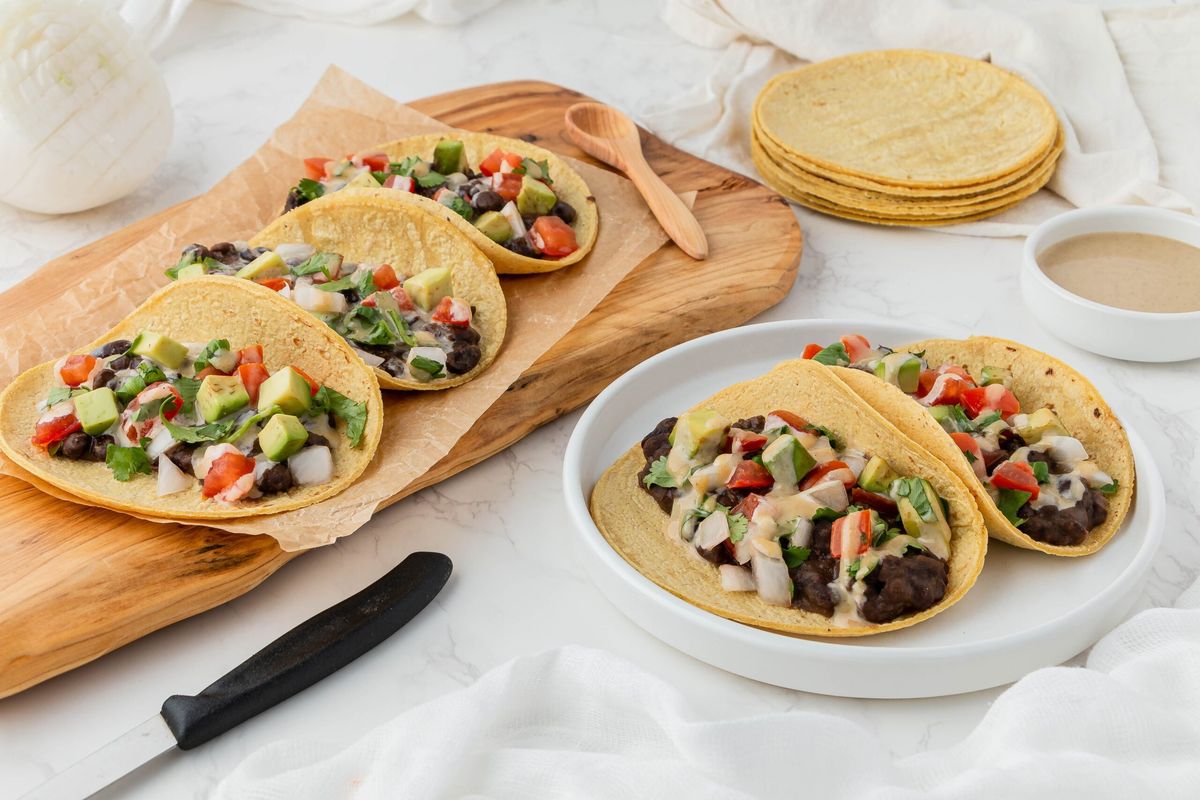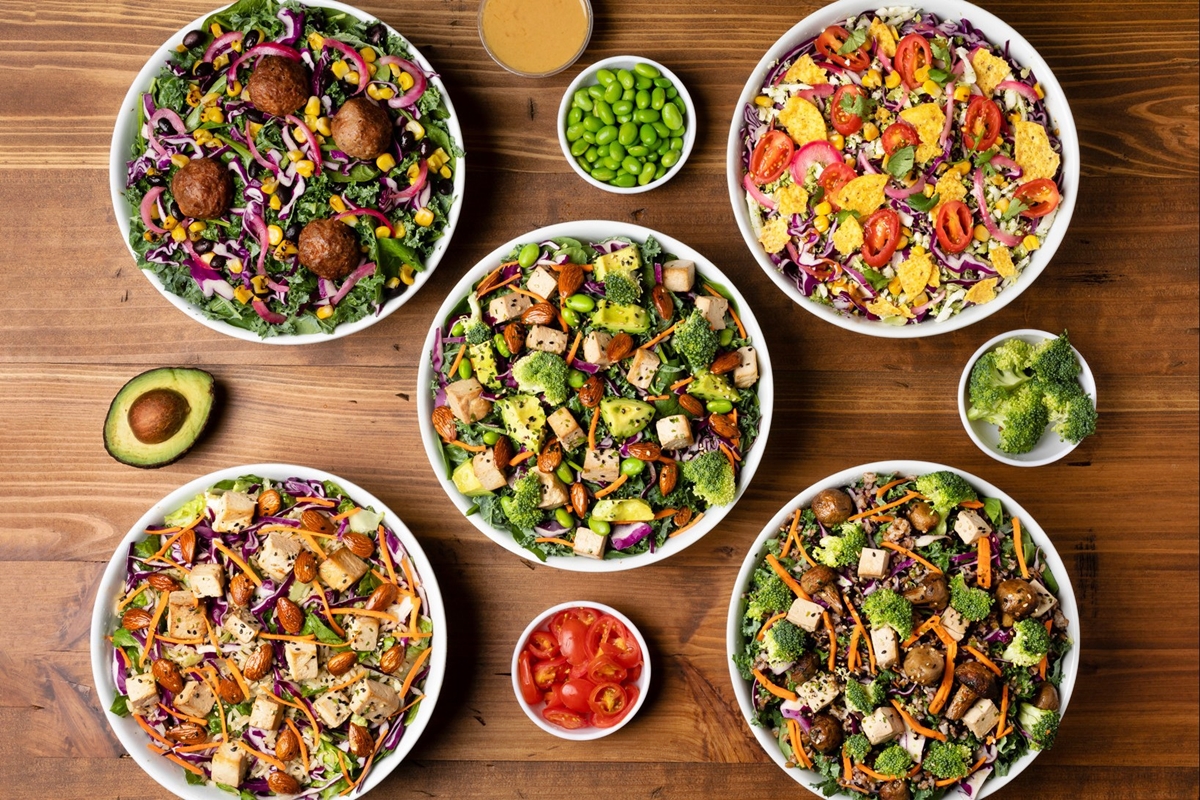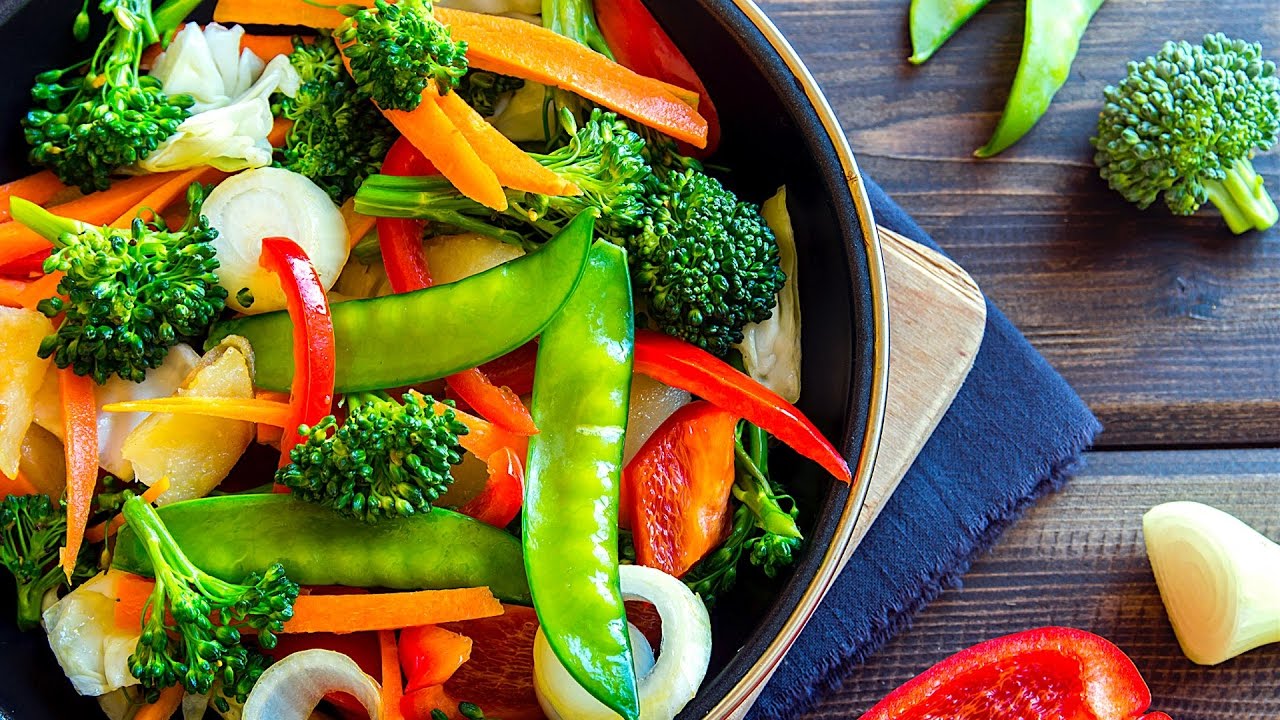How to Eat a Whole Plant-Based Diet on a Budget
Switching to a plant-based diet can be a great way to improve your health and reduce your environmental impact. However, many people believe that eating a plant-based diet is expensive. The good news is that it’s possible to eat a whole plant-based diet on a budget of $25 a week. With some planning and smart shopping, you can enjoy a variety of nutritious and delicious plant-based foods without breaking the bank.
Plan Your Meals
One of the keys to eating a plant-based diet on a budget is to plan your meals in advance. Take some time at the beginning of each week to plan out your meals and make a shopping list. This will help you avoid impulse purchases and ensure that you only buy the ingredients you need.
Buy in Bulk
Buying in bulk is a great way to save money on plant-based staples like beans, lentils, rice, and quinoa. Look for these items in the bulk section of your grocery store or at a bulk foods store. Buying in bulk not only saves money, but it also reduces packaging waste, which is good for the environment.
Shop Seasonal and Local
When shopping for fruits and vegetables, try to buy what’s in season and locally grown. Seasonal produce is often less expensive and has better flavor. You can also visit your local farmers’ market, where you can find affordable, fresh produce while supporting local farmers.
Focus on Affordable Proteins
Protein is an essential part of a plant-based diet, but it doesn’t have to be expensive. Stock up on affordable sources of protein like beans, lentils, tofu, and tempeh. These foods are not only budget-friendly but also versatile and nutritious.
Minimize Waste
Reducing food waste is important when you’re on a tight budget. Make an effort to use up all the food you buy and get creative with leftovers. For example, vegetable scraps can be used to make homemade vegetable broth, and overripe fruits can be used in smoothies or baked goods.
Batch Cook
Batch cooking is a great way to save time and money. Set aside some time on the weekend to prepare large batches of staples like grains, beans, and soups. This will not only save you money by allowing you to buy ingredients in bulk but also make it easier to throw together a quick and healthy meal during the week.
Get Creative with Flavors
Spices, herbs, and condiments can transform simple, inexpensive ingredients into flavorful and satisfying meals. Experiment with different flavor combinations to keep your meals interesting and enjoyable. Buying a few key spices and condiments can go a long way in adding variety to your plant-based meals.
Sample Plant-Based Grocery List
Here’s a sample grocery list to help you get started on your plant-based budget journey:
- Beans (black beans, chickpeas, lentils)
- Rice and quinoa
- Seasonal fruits and vegetables
- Tofu or tempeh
- Whole grain pasta
- Oats
- Assorted nuts and seeds
- Spices and condiments
- Plant-based milk
- Leafy greens
By following these tips and being mindful of your spending, you can easily enjoy a whole plant-based diet on a budget of $25 a week. With some creativity and planning, you’ll discover that eating plant-based doesn’t have to be expensive.
Remember, the key to success is to plan your meals, buy in bulk, shop seasonal and local, focus on affordable proteins, minimize waste, batch cook, and get creative with flavors. With these strategies in place, you can enjoy the health and environmental benefits of a plant-based diet without breaking the bank.
